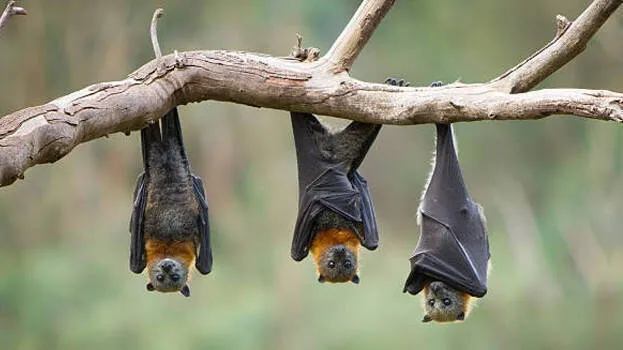

MALAPPURAM: There is a possibility that Nipah virus, which has been previously reported in Kozhikode, Malappuram, and Palakkad districts, could spread to southern parts of Kerala in the future, according to officials from the Kerala One Health Centre for Nipah.
The Western Ghats of Kerala are home to a large population of fruit bats belonging to the Pteropus medius species, which are known carriers of the Nipah virus. Due to the region’s dense forest cover, Kozhikode, Malappuram, and Palakkad serve as primary habitats for these bats. Since these bats can travel long distances, there is a possibility that they could reach other districts as well.
Currently, southern Kerala districts show a very limited presence of these virus-carrying bats. Although the Western Ghats stretch across neighbouring states like Tamil Nadu, Karnataka, and Goa — areas that are potentially at risk — no Nipah cases have been reported there so far. Both the Centre for Nipah and the ICMR are conducting detailed studies to prevent the spread of the virus.
Officials from the Centre for Nipah believe that the bat habitats in Kerala are more disrupted compared to other regions. Rapid urbanisation and the replacement of native trees in forests have reduced the availability of fruits, which is the bats’ main food source. Additionally, Kerala’s dense population and social behaviour may contribute to more frequent human exposure, increasing the likelihood of cases — a key point in their preliminary assessment.
Difficult to detect the source
Identifying the source of the infection is extremely challenging and requires examining all possible scenarios.
The most recent confirmed Nipah patient in Palakkad was living below a bat colony. Samples collected from that site have been sent to the Institute of Virology to determine the presence and extent of virus activity in the bats. The virus can be shed through the bats' droppings, saliva, and secretions. If infected bats contaminate fruit, and those fruits are eaten by animals or humans, the virus can be transmitted.
“We are currently examining whether the physiological changes in fruit bats during their breeding season (from May to September) increase the risk of Nipah virus transmission. Outbreaks tend to occur during fruiting seasons, and if the virus from bats contaminates fruits under certain conditions, it can lead to human infection.”
– Dr. T.S. Aneesh,
Nipah Nodal Officer